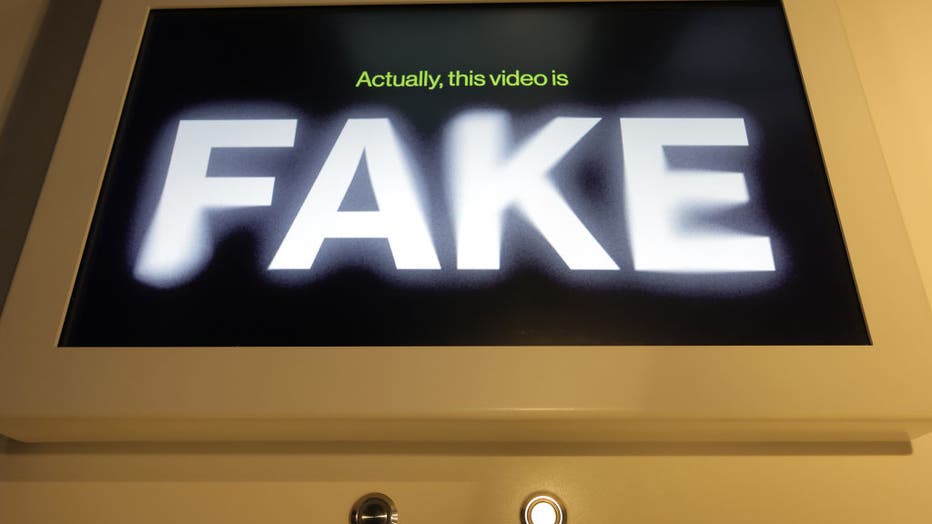Masquerading malware: FBI shines light on new AI-assisted scam duping victims out of thousands
Masquerading malware: FBI warns of new cybercrime
The FBI is warning consumers about cybercrimes fueled by deep fakes and artificial intelligence.
ATLANTA - The FBI has issued a scam alert involving sophisticated artificial intelligence and "masquerading malware," warning that people have lost thousands of dollars to these deceptive schemes.
Austin Ennis, an individual who considers himself to be very tech-savvy and familiar with computers, the web, and cryptocurrency, fell victim to one of those scams. He encountered a phony Elon Musk video on what appeared to be a legitimate YouTube stream that prompted viewers to participate in a cryptocurrency giveaway.
Austin scanned a QR code shown on the video that directed him to what appeared to be a well-polished ".org" website, where he subsequently sent $4,000, and later realized he had been duped.

Cambridge, MA - April 3: Visitors can watch videos and guess if the images are real or fake. The MIT Museums exhibit "AI: Mind the Gap" looks at deepfake video technology. (Photo by Lane Turner/The Boston Globe via Getty Images)
The trend of using artificial intelligence-generated deepfakes representing known organizations or influencers for fraudulent activities has escalated over the past year. This type of scam often begins with a phishing link sent through an email, imitating a familiar service provider asking the recipient to reset their password, which can lead to account hacking and further mayhem.
The FBI has noted an increase in such scams, with dozens of reported victims in Georgia alone. The FBI cautions the public to protect their passwords and to scrutinize websites carefully.
They advise using a "WHOIS domain lookup" to verify the registration information of any unfamiliar website. A recently registered site, for example, could be a significant red flag.
The FBI suspects that most of the culprits behind these scams operate from overseas.
Ennis does not believe he will be able to recover his lost funds.

